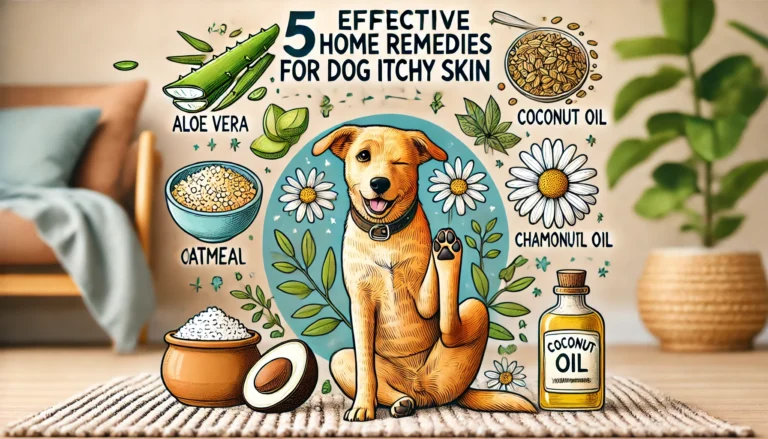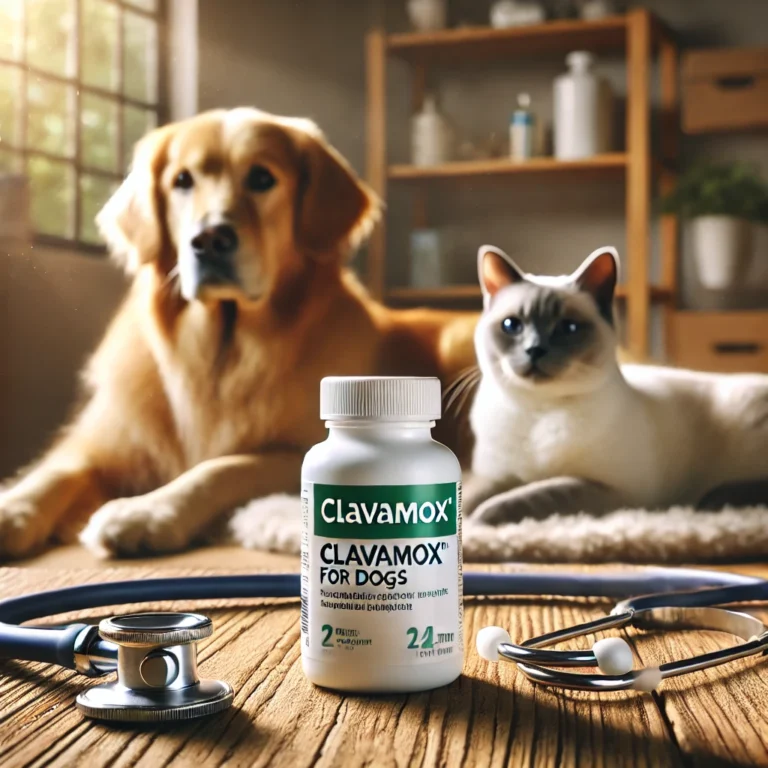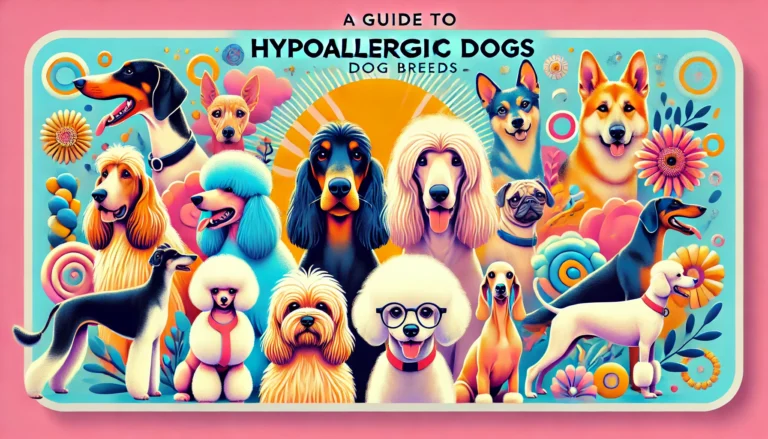16 most popular types of doodle dogs
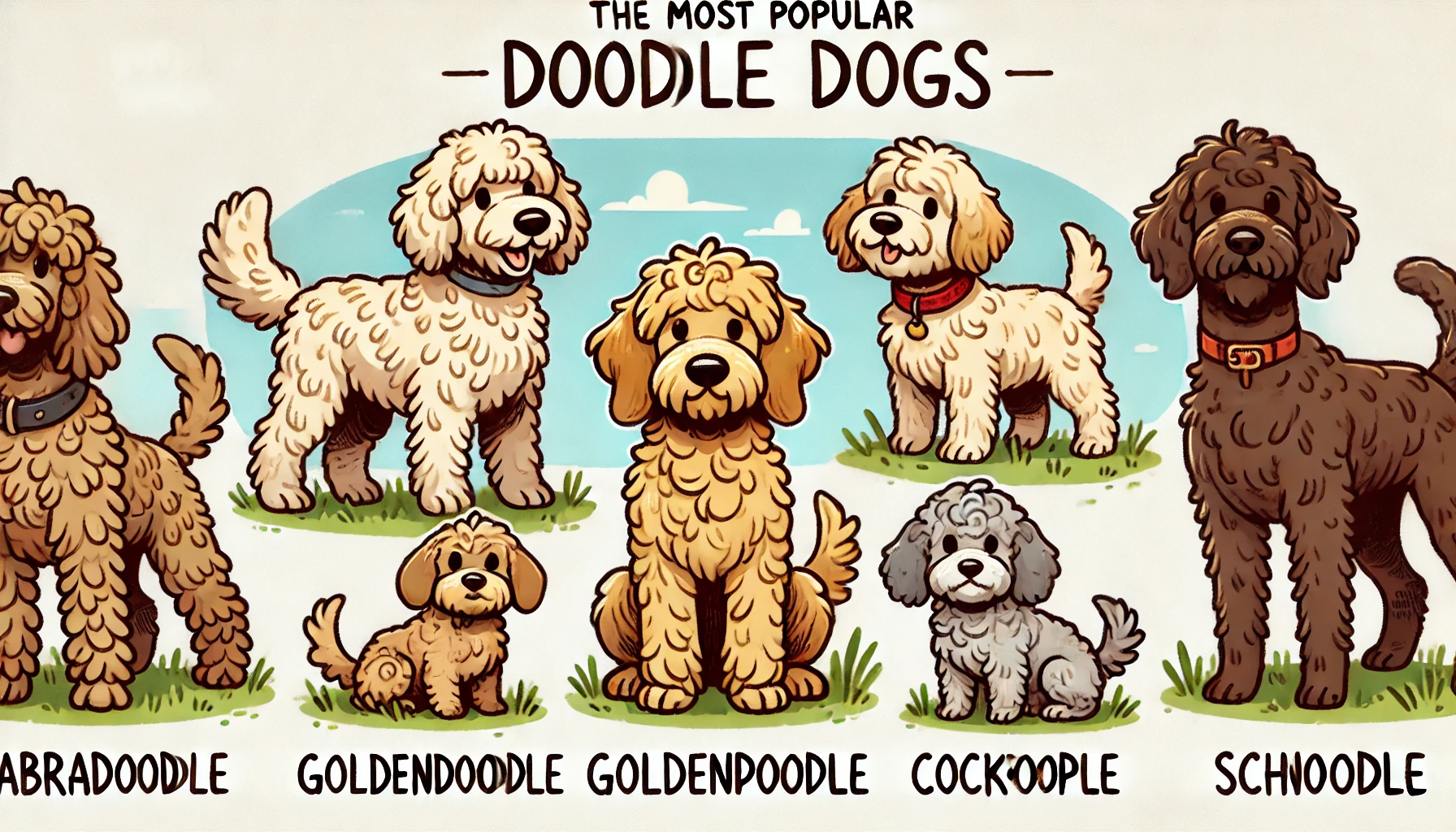
“What are the most popular types of doodle dogs?” This question is like wildfire in society. Doodle dogs have become super popular lately! They’re these adorable mixes that combine the smarts and cuteness of different breeds with Poodles. People love them because they often have hypoallergenic fur and are really friendly. Whether it’s the fun-loving Labradoodle or the loyal Goldendoodle, each type of doodle dog has its own special traits. Let’s dive into the world of these 16 popular doodle breeds and see what makes each one so awesome!
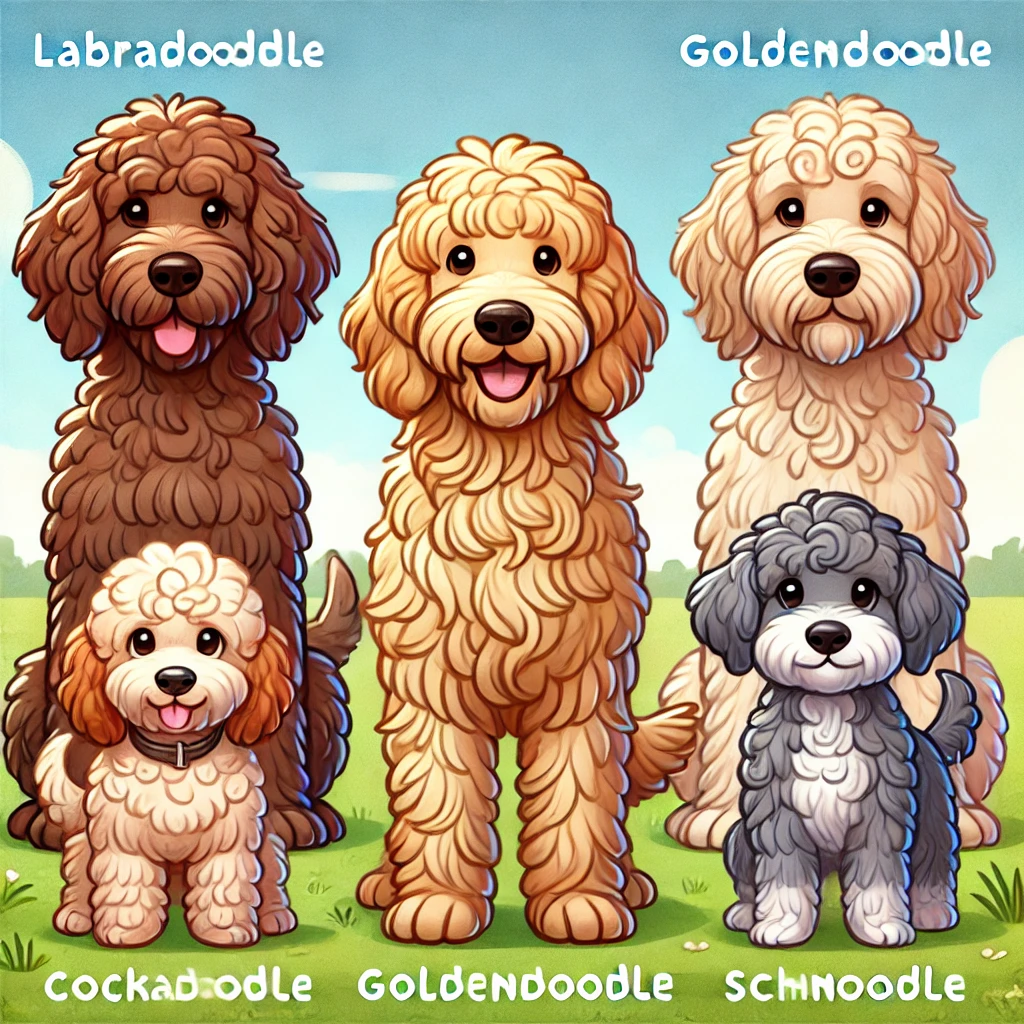
Labradoodle: One of the most popular types of doodle dogs are labradoodle. These guys are a blend of Labrador Retrievers and Poodles, known for being super smart and friendly. They’re great family dogs and often have curly, hypoallergenic coats that make them easy on allergy sufferers.
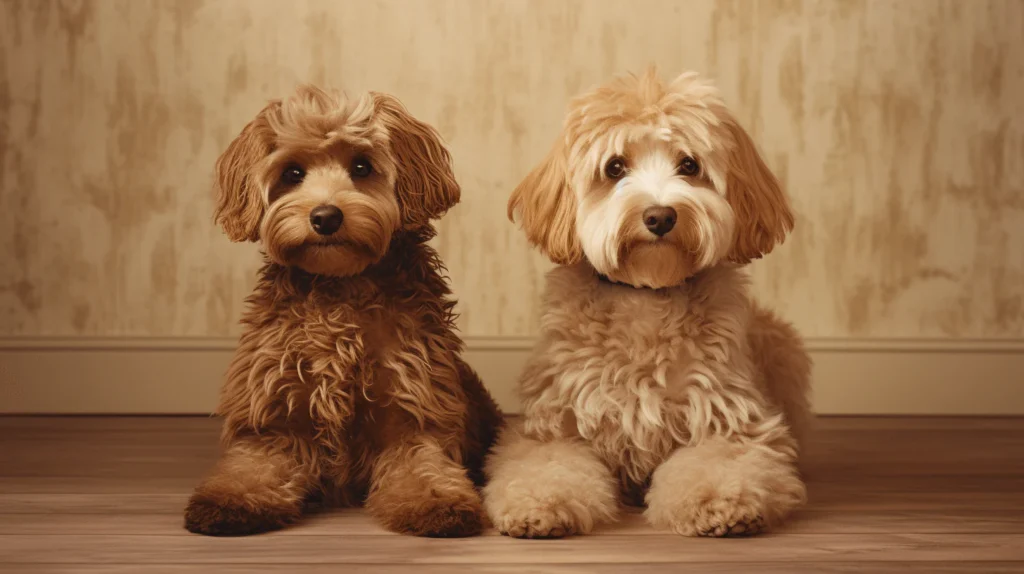
Goldendoodle: With a mix of Golden Retrievers and Poodles, Goldendoodles are loyal and affectionate. They’re famous for their friendly personalities and fluffy, often non-shedding coats.
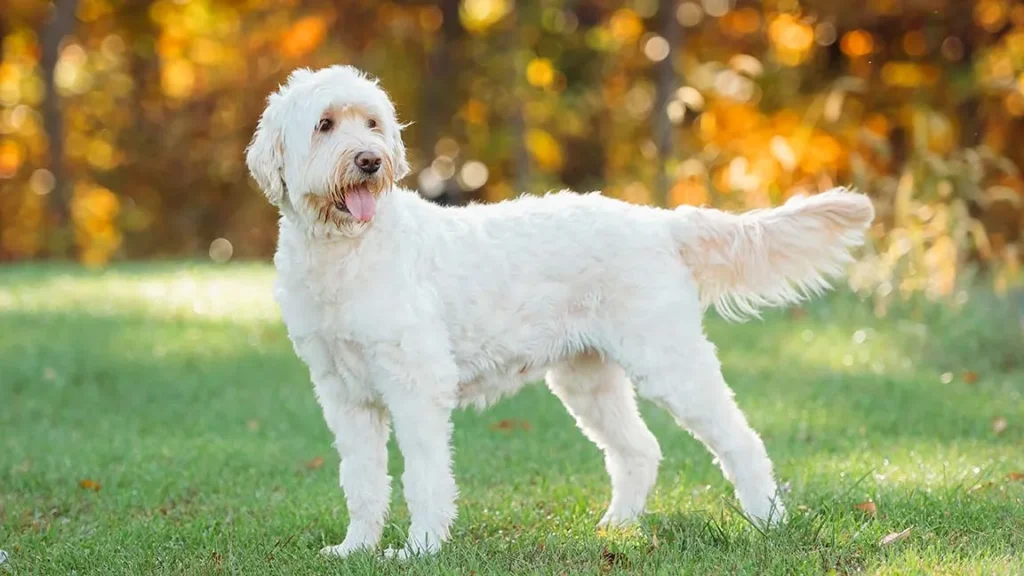
Berne doodle: Another most popular types of Doodle dogs are Berne doodle. Combining Bernese Mountain Dogs and Poodles, Berne doodles are gentle giants. They inherit the Bernese’s calm demeanor and the Poodle’s intelligence, making them great companions for families.
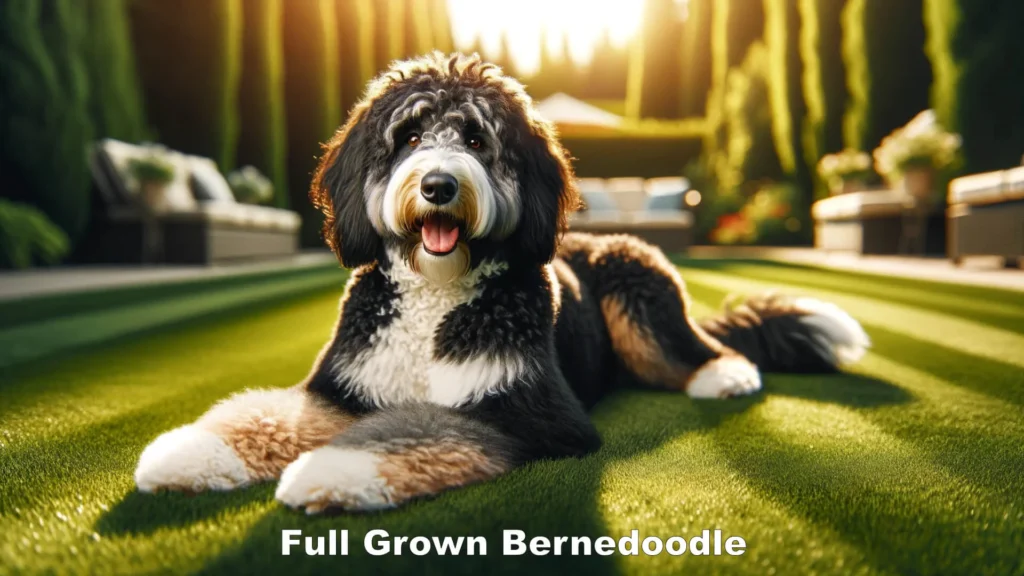
Cockapoo: Cockapoo is also one of the most popular types of doodle dogs.These cute pups are a mix of Cocker Spaniels and Poodles. Cockapoos are known for their playful nature and loving personalities. They come in various sizes and coat types, often with adorable floppy ears.
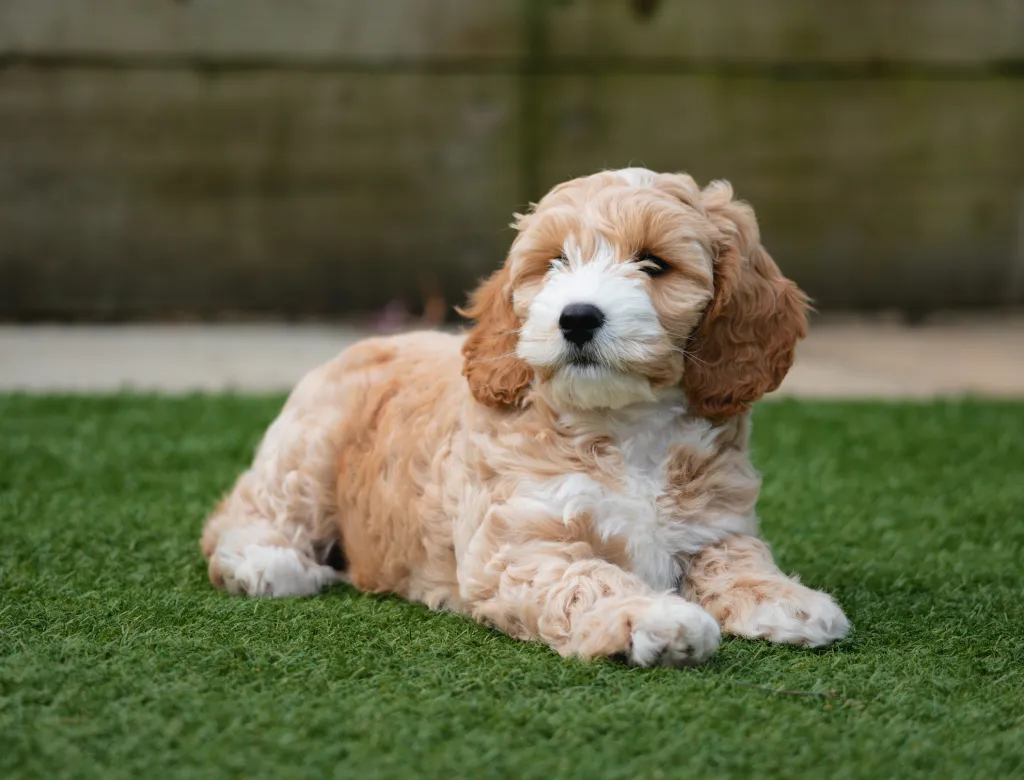
Sheepadoodle: Sheepadoodle is one of the most popular types of doodle dogs especially in the north america. Mixing Old English Sheepdogs with Poodles, Sheepa doodles are fluffy and friendly. They have a distinctively soft coat and are known for being great with kids and other pets.
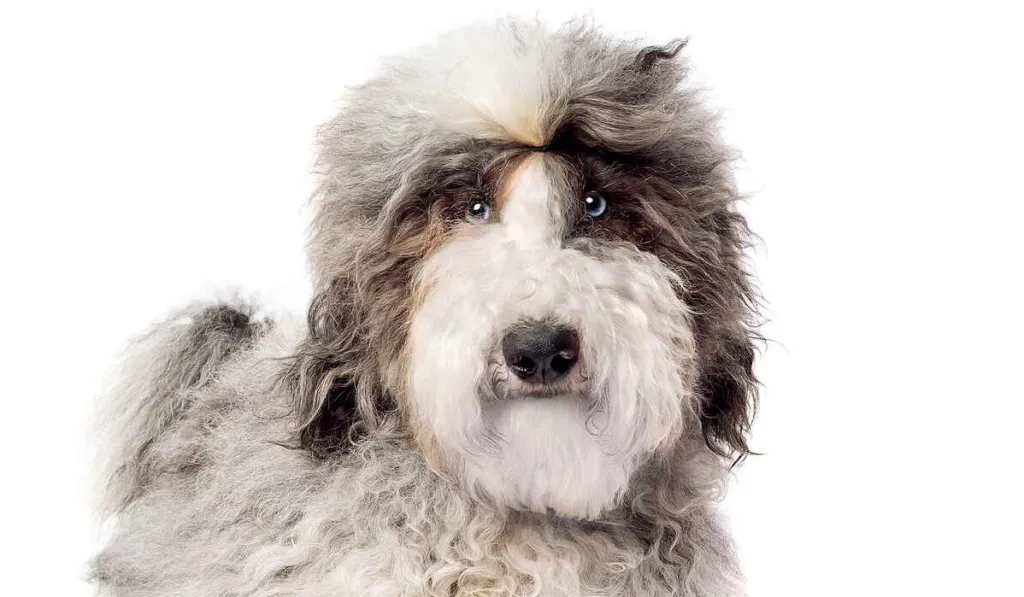
Australian Labradoodle: As depicts from its name, Australian Labradoodle is the one of the most popular types of doodle dogs in Australia. Originally a blend of Labradors, Poodles, and Cocker Spaniels, these doodles are highly intelligent and social. They often have curly coats and are versatile companions.
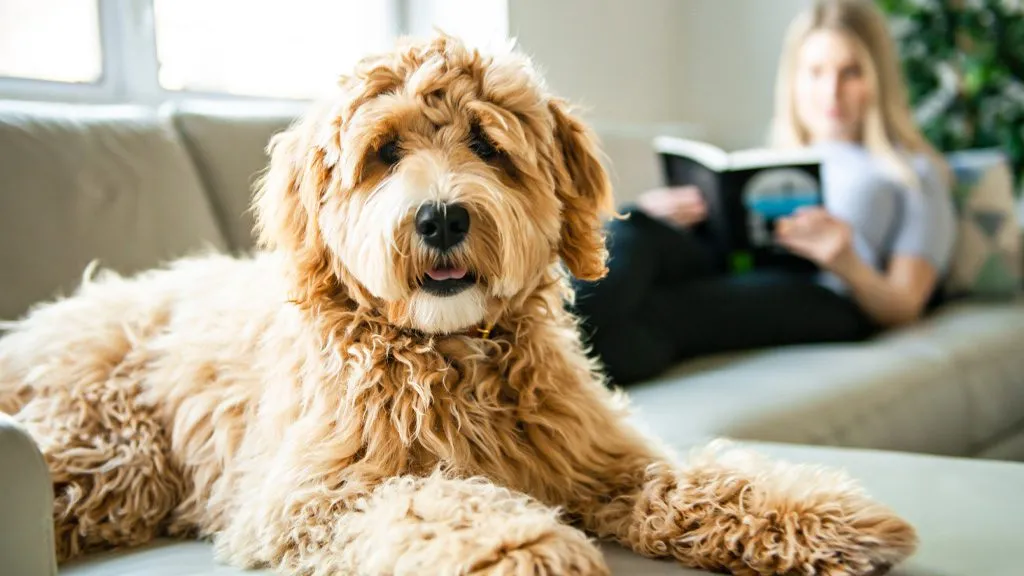
Aussiedoodle: Another most popular types of doodle dogs are Aussiedoodle. Crossbreeding Australian Shepherds with Poodles results in Aussiedoodles. They’re energetic and affectionate, inheriting the Shepherd’s herding instincts and the Poodle’s smarts.
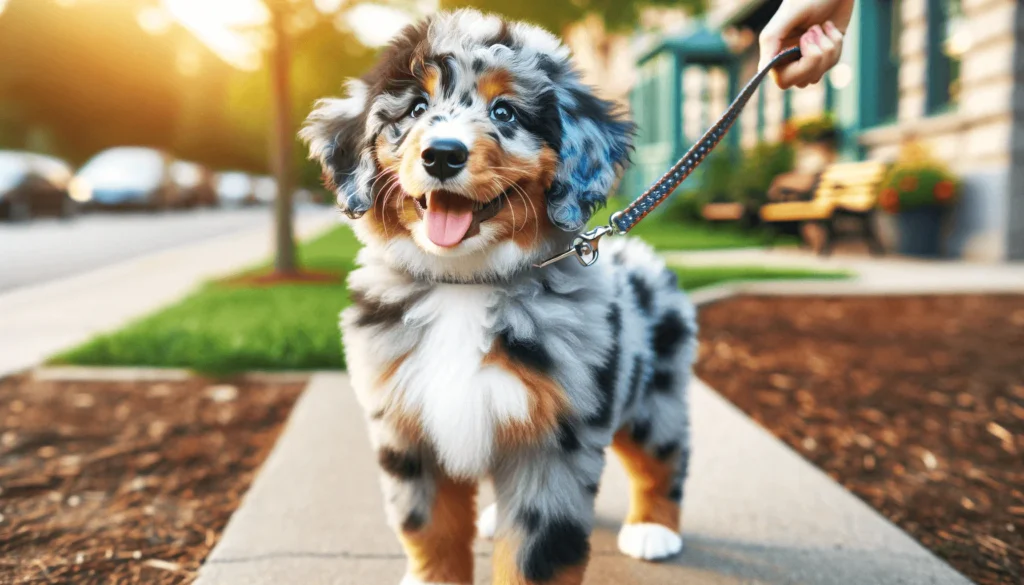
Doubledoodle: A mix of Labradoodle and Goldendoodle, Doubledoodles combine the best of both breeds. They’re friendly, intelligent, and often have low-shedding coats, making them great for families with allergies. it is commonly known to be the most popular types of doodle dogs for the people of East Asia.

Schnoodle: Combining Schnauzers with Poodles, Schnoodles are spirited and clever. They have a distinctive beard and come in various sizes. They’re known for their loyalty and protective nature. Schnoodle is often considered to be the most commonly and the most popular types of doodle dogs that are found in the homes of people of middle east and New Zealand.
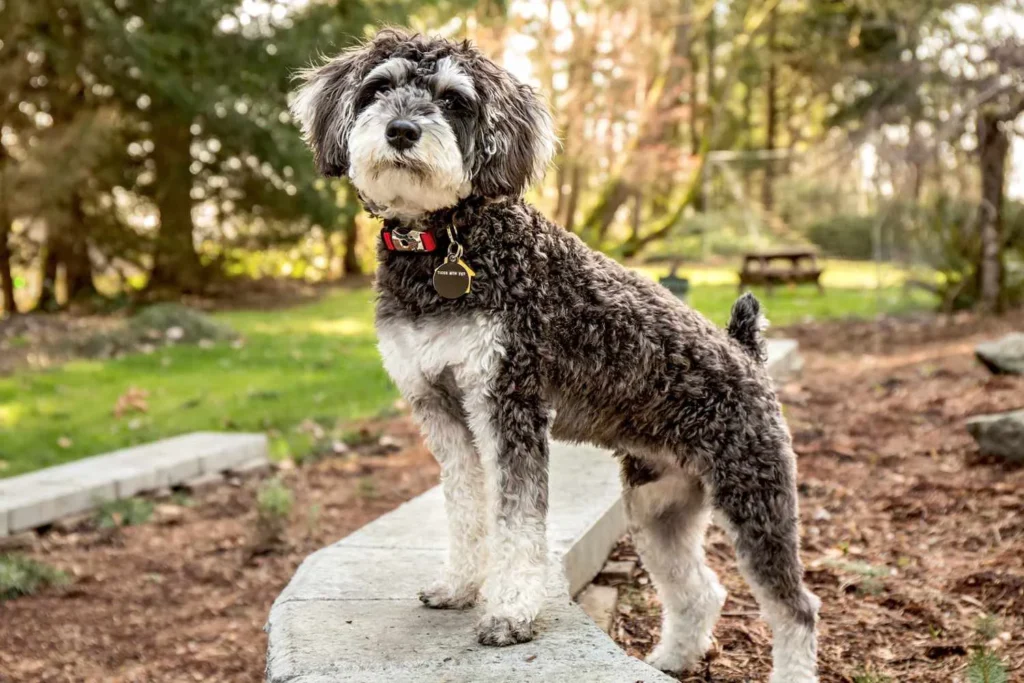
Doxiepoo: These small yet spunky dogs are a mix of Dachshunds and Poodles. Doxiepoos are affectionate and playful, making them great companions for households of all sizes. Doxiepoo is one of the most popular types of doodle dogs that are known for their cuteness.

Newfypoo: Mixing Newfoundlands with Poodles, Newfypoos are gentle giants. They inherit the Newfoundland’s calm demeanor and loyalty, along with the Poodle’s intelligence and hypoallergenic coat.

Peekapoo: With Pekingese and Poodle parentage, Peekapoos are affectionate lap dogs. They’re known for their charming appearance and loving personalities, making them great for cuddling.
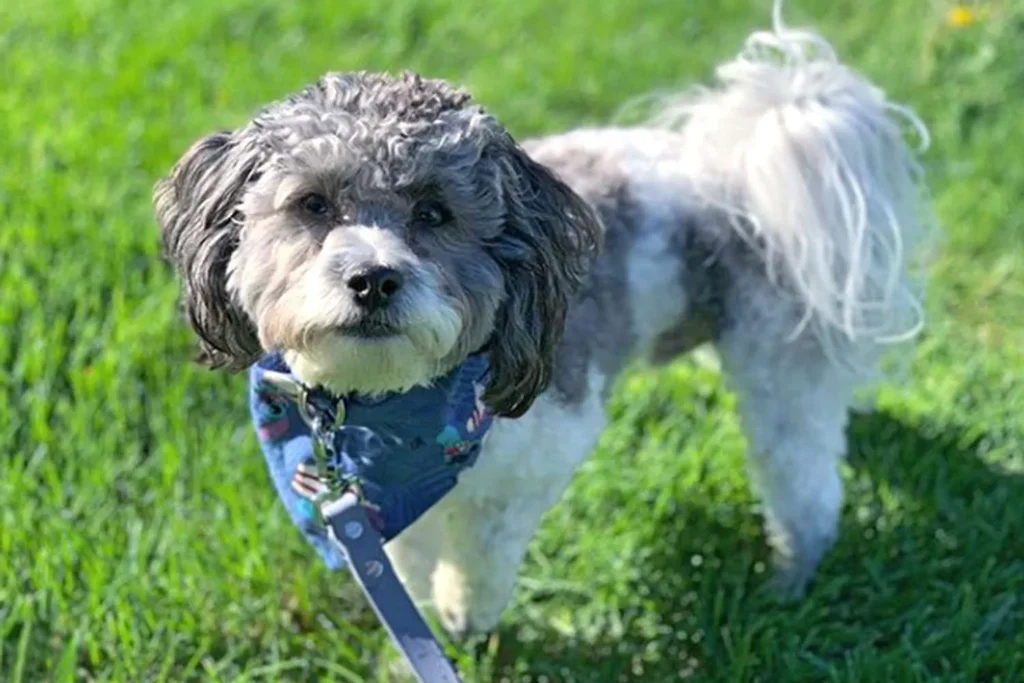
Pomapoo: These small but spirited dogs are a mix of Pomeranians and Poodles. Pomapoos are energetic and playful, with fluffy coats that often come in various colors. In all types of doodle dogs, this one is one of the cutest one.

Yorkipoo: Combining Yorkshire Terriers and Poodles, Yorkipoos are energetic and loyal. They have big personalities in small bodies, often with curly or straight coats that are easy to maintain.

Whoodle: Soft-coated Wheaten Terriers mixed with Poodles result in Whoodles. They’re friendly and playful with hypoallergenic coats, making them great for families with allergies.
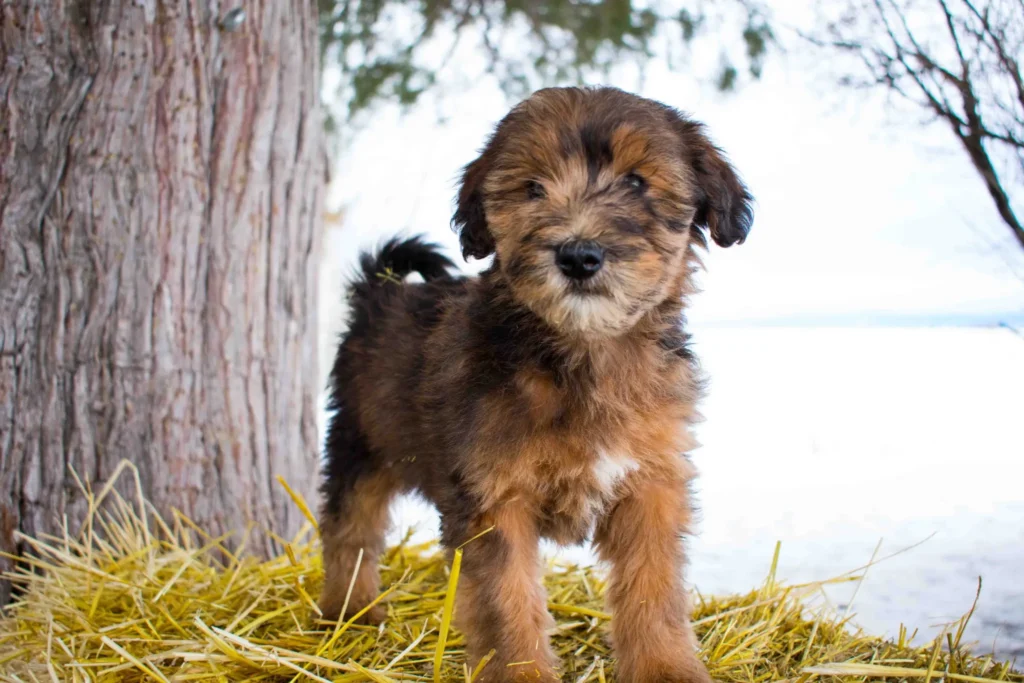
Saint Berdoodle: Mixing Saint Bernards with Poodles, Saint Berdoodles are gentle giants known for their sweet nature and intelligence. They’re great with kids and make wonderful family pets.
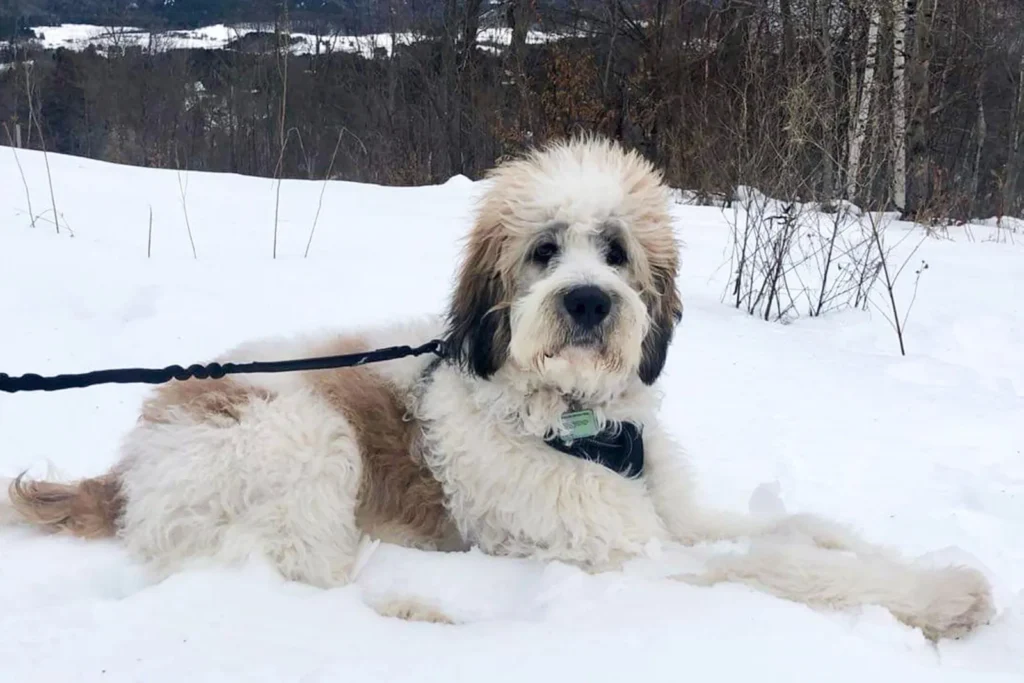
These are some of the many most popular types of doodle dogs. Each type of doodle dog brings its own mix of traits from their parent breeds, creating unique companions that fit various lifestyles and preferences. Whether you’re looking for a playful pup, a loyal friend, or a gentle giant, there’s likely a doodle breed that’s just right for you!
things to know before petting most popular types of doodle dogs
After shedding light on most popular types of doodle dogs, it is equally important to know some important things to know before getting a doodle dog:
- Grooming Needs: Doodles often have curly or wavy coats that require regular grooming to prevent matting. Plan for grooming sessions every 4-6 weeks.
- Exercise Requirements: They are usually energetic and need regular exercise to stay healthy and happy. Daily walks and playtime are essential.
- Training: Doodles are intelligent but can be stubborn, so consistent training from an early age is important. Positive reinforcement methods work best.
- Allergies: While they are often marketed as hypoallergenic, no dog breed is completely hypoallergenic. Spend time with the breed to see if you have any allergic reactions.
- Socialization: Early socialization with people and other animals is crucial to prevent shyness or aggression later on.
- Health Issues: Doodles may inherit health issues from their parent breeds, such as hip dysplasia or eye problems. Regular vet check-ups are important.
- Size and Space: Consider the size of the doodle breed you choose and whether your living space can accommodate them comfortably.
- Time Commitment: They thrive on companionship and can suffer from separation anxiety if left alone for long periods. Ensure you have time for bonding and interaction.
- Cost: They can be expensive to care for, including grooming, veterinary bills, and high-quality food. Budget accordingly.
- Responsible Breeding: Ensure you get your doodle from a reputable breeder who prioritizes the health and welfare of the dogs.
Understanding these points will help you provide the best care and environment for your new doodle companion!
common diseases in doodle dogs
Irrespective of knowing about the most popular types of doodle dogs, we must also know some common health concerns for doodle dogs:
- Hip Dysplasia: This can cause discomfort and mobility issues due to improperly formed hip joints.
- Elbow Dysplasia: Similar to hip dysplasia but affecting the elbows, leading to lameness and pain.
- Progressive Retinal Atrophy (PRA): A group of genetic diseases that can result in vision loss over time.
- Patellar Luxation: When the kneecap dislocates from its normal position, causing occasional or persistent limping
. - Allergies: Doodles can develop allergies to food, pollen, or other environmental factors, causing skin irritation and itching.
- Ear Infections: Their floppy ears can trap moisture and dirt, making them prone to frequent infections if not kept clean.
- Hypothyroidism: A condition where the thyroid gland doesn’t produce enough hormones, leading to weight gain, lethargy, and skin problems.
- Gastric Dilatation-Volvulus (GDV): A serious condition where the stomach twists and fills with gas, requiring immediate veterinary attention.
- Cancer: Like many breeds, doodles can be susceptible to various types of cancer, affecting different parts of the body.
- Heart Disease: Some doodles may develop heart conditions like mitral valve disease or dilated cardiomyopathy, impacting their heart function.
Being aware of these potential health issues allows doodle owners to watch for symptoms early on and seek appropriate veterinary care to ensure their dog’s well-being. Regular vet check-ups and a healthy lifestyle can help manage and mitigate these concerns.



